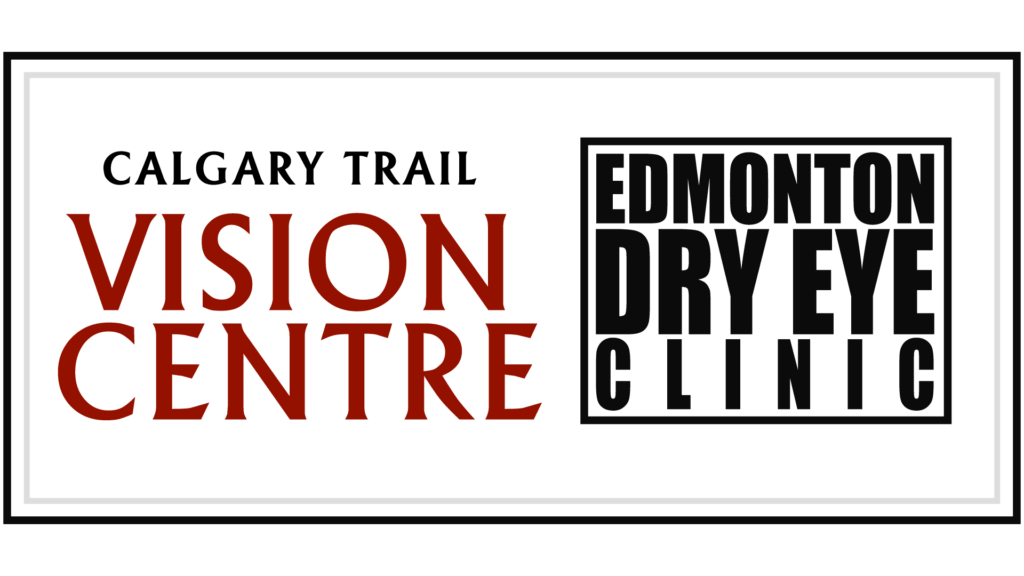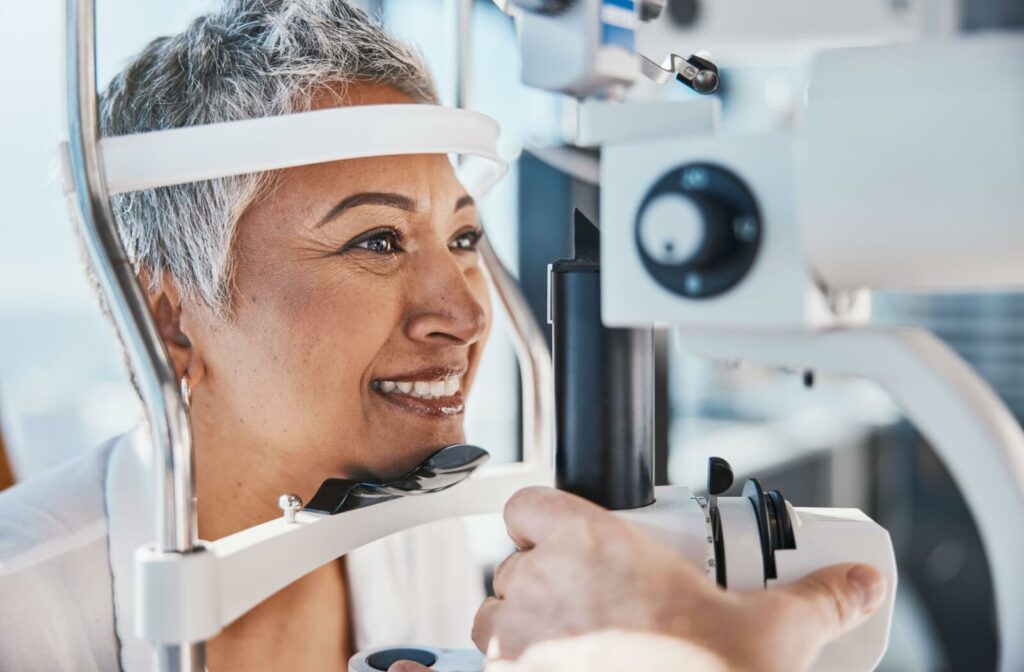Ever wonder why your optometrist is so thorough during an eye exam? Beyond determining your prescription for glasses or contact lenses, a comprehensive eye exam can reveal a lot about your overall health.
From common eye conditions like glaucoma, cataracts, and macular degeneration to serious systemic diseases such as diabetes, high blood pressure, and even certain types of cancer, your eyes are the windows to your well-being.
During the exam, your optometrist will meticulously check the health of your retina, optic nerve, and other essential parts of your eye.
Let’s delve into what diseases can be detected through a routine eye exam and why it’s crucial for adults to include this in their regular health check-ups. By catching early signs of eye and systemic diseases, you can seek timely treatment and potentially prevent more serious health issues down the line.
Regular eye exams are not just about seeing well, but about ensuring your overall health and well-being. So, next time you visit your optometrist, remember that those tests and procedures are much more than just a prescription check; they’re a vital part of maintaining a healthy life.
Common Eye Conditions
Glaucoma
Glaucoma is a group of eye conditions that damage the optic nerve, often due to high intraocular pressure. Left untreated, glaucoma can lead to vision loss or even blindness. During an eye exam, your optometrist measures your eye pressure and inspects your optic nerve for any signs of damage.
Cataracts
Cataracts cause the eye’s lens to become cloudy, leading to blurry vision, difficulty seeing at night, and a general decline in visual clarity. This condition often develops slowly and can affect one or both eyes. Common symptoms include seeing halos around lights, increased sensitivity to glare, and faded or yellowed colors. An eye exam can easily detect cataracts, allowing for early intervention and a discussion of treatment options.
These may include lifestyle changes, stronger prescription glasses, or surgical procedures to replace the cloudy lens with a clear artificial one. Early detection is crucial for maintaining quality of life and preventing further vision deterioration.
Macular Degeneration
Age-related macular degeneration (AMD) affects the central part of the retina, leading to loss of central vision. This condition is particularly prevalent in older adults and is one of the leading causes of vision impairment and blindness in this age group. AMD can make everyday activities, such as reading, driving, or recognizing faces, increasingly difficult.
Regular eye exams can identify early signs of AMD, making it easier to manage and slow its progression with lifestyle changes, medications, or other treatments. Early detection and intervention are crucial for maintaining quality of life.
Diabetic Retinopathy
If you have diabetes, you’re at risk for diabetic retinopathy, a condition caused by damage to the blood vessels in the retina. Early stages may not show symptoms, but an eye exam can detect early changes, helping to prevent severe vision loss through timely treatment.

Systemic Diseases
Diabetes
Beyond diabetic retinopathy, an eye exam can reveal other early signs of diabetes. For instance, the presence of tiny blood vessel leaks, known as microaneurysms, or unusual eye tissue can alert your optometrist to potential issues. These subtle changes in the eye’s blood vessels can indicate elevated blood sugar levels, prompting further medical evaluation.
Additionally, other signs such as swelling in the macula or changes in the optic nerve can also be early indicators of diabetes, ensuring that comprehensive eye exams play a crucial role in early detection and management of the disease.
Hypertension
High blood pressure can cause changes in the blood vessels of the retina, known as hypertensive retinopathy. These changes can be detected during an eye exam, potentially alerting you to underlying hypertension that needs to be managed.
Autoimmune Disorders
Certain autoimmune diseases, like lupus or multiple sclerosis, can affect your eyes. Signs like inflammation or unusual optic nerve appearance can clue your optometrist to these conditions, leading to further investigation.
High Cholesterol
The presence of yellowish plaques in the blood vessels of the retina can indicate high cholesterol levels. An eye exam can reveal these plaques, encouraging you to take steps to manage your cholesterol and reduce the risk of cardiovascular disease.
Thyroid Disease
Thyroid conditions, particularly Graves’ disease, often affect the eyes. Symptoms may include bulging eyes or double vision. An eye exam can detect these symptoms, leading to a diagnosis and appropriate treatment.
The Importance of Regular Eye Exams
Given the range of conditions that can be detected during an eye exam, it’s clear that eye health is intricately linked to overall health. Eye exams can reveal early signs of systemic conditions such as diabetes, hypertension, and even some types of cancer. Regular eye exams can catch issues early, often before you notice symptoms, leading to more effective treatment and better outcomes. Moreover, maintaining good eye health can significantly improve one’s quality of life, ensuring that vision remains sharp and clear for daily activities. Investing in regular eye check-ups is not just about maintaining vision, it’s about safeguarding overall well-being.
When to Seek Professional Help
Your eyes are not just windows to the world; they are also windows to your health. Scheduling regular eye exams can help detect a variety of eye and systemic diseases early, ensuring you receive the necessary treatments to maintain both your vision and overall well-being.
Don’t wait for symptoms to appear—take proactive steps to safeguard your health. Schedule an eye exam today at Calgary Trail Vision Centre in Edmonton for peace of mind. Your future self will thank you.


